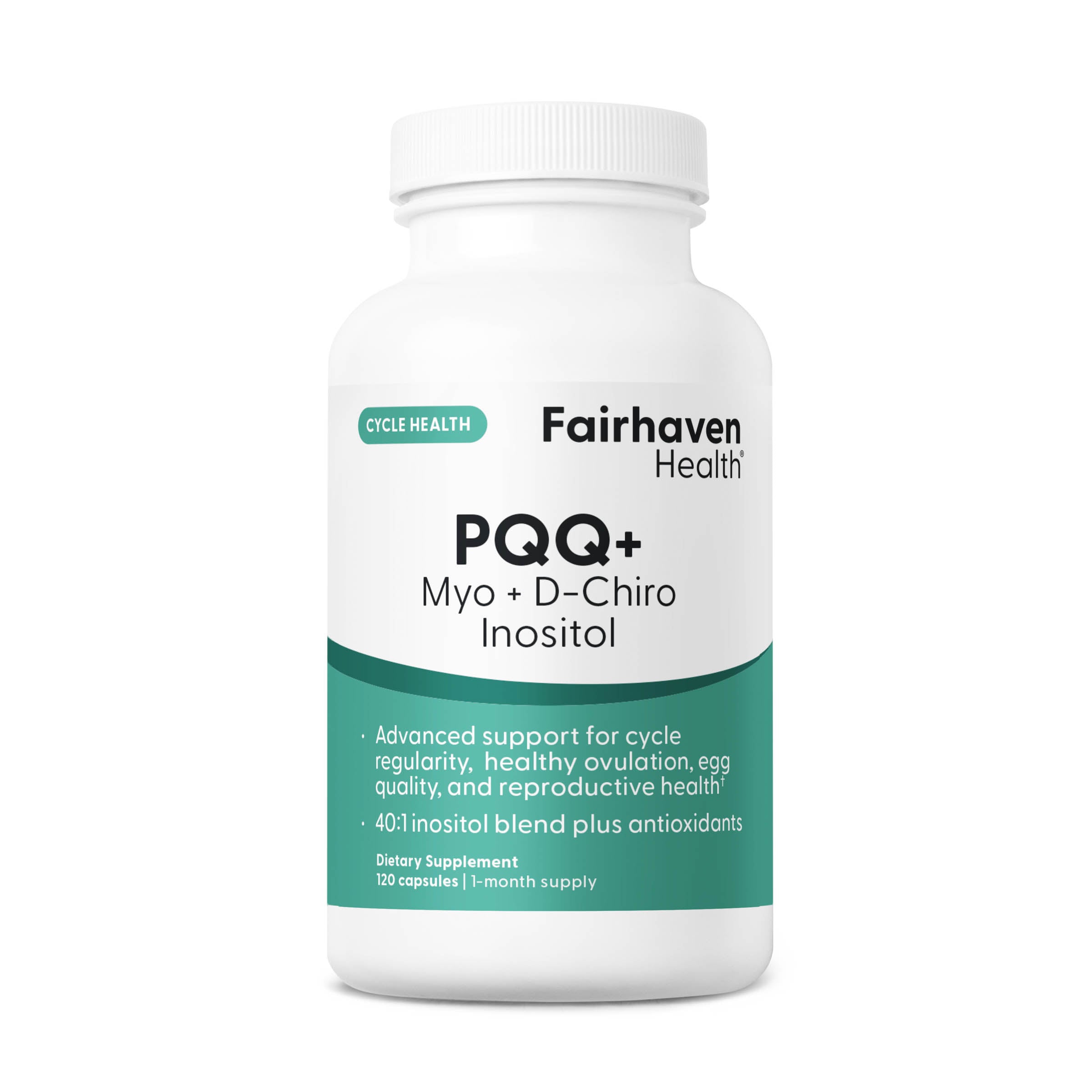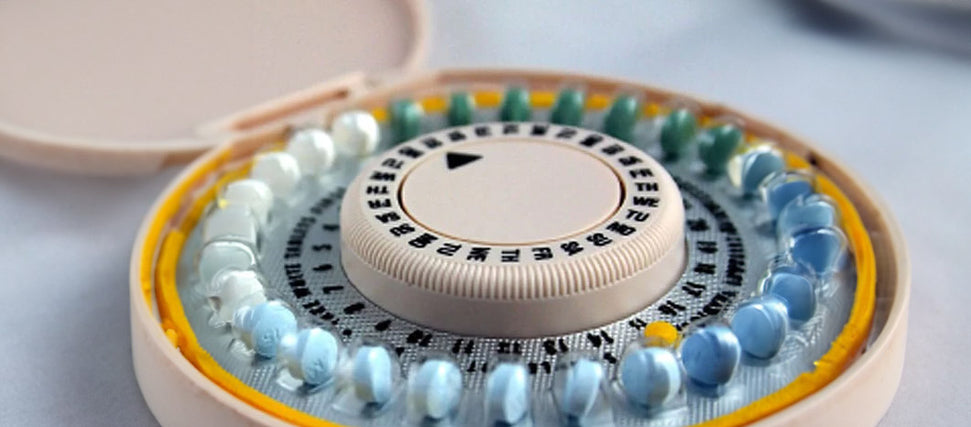Many women decide to go off of their birth control pill once they have decided it is time to begin trying for a baby. Unfortunately, many women picture this to be a much smoother process then it ends up being. To better understand why this can often be a difficult transition we must first understand exactly what it is that birth control does to your hormones.
There are many different types of birth control; some that stop your period completely or give you very few a year, and others that regulate your period into a 28-day cycle. As they all work a bit different – they have a very similar effect. Birth control works to change the levels of your hormones, specifically estrogen and progesterone. By altering and controlling these hormones, they can help to prevent pregnancy in multiple ways – by stopping your ovaries from producing eggs, altering the thickness of the wall of your cervix (which prevents the entry of sperm into the uterus), or by changing the lining of your uterus so the egg can't attach and implant.
Once birth control is discontinued, many women report having irregular cycles or having no menstruation for many months. It can take a while for your body to return to the cycle you had before beginning birth control pills. This can be especially frustrating for women that were hoping to conceive shortly after going off of the pill. Dealing with irregular cycles (or no cycle at all) can make predicting ovulation nearly impossible. Herbal fertility enhancing supplements, such as FertilAid for Women, contains vitex and other herbs to help regulate your cycle and correct any hormonal imbalances that might be present – this in turn should help to normalize your cycle. Many women begin taking this supplement post-pill to help see a regular cycle sooner and increase their chances of conceiving.







